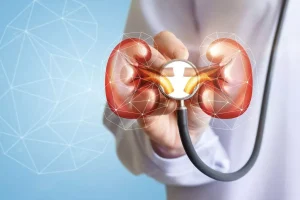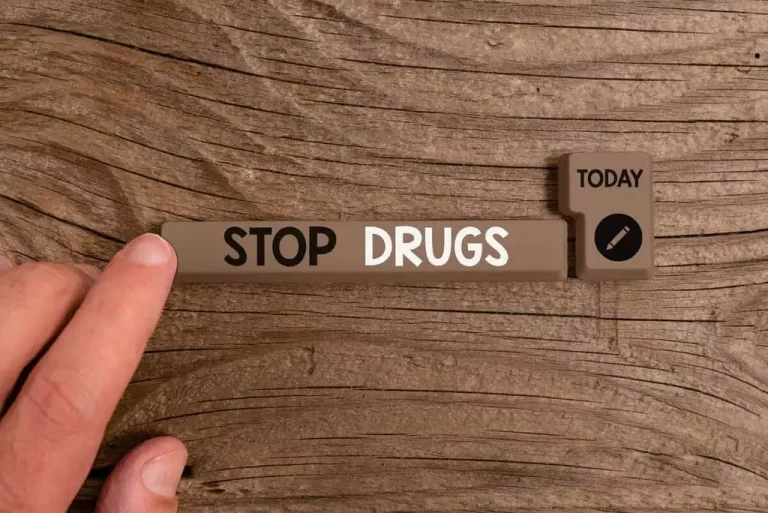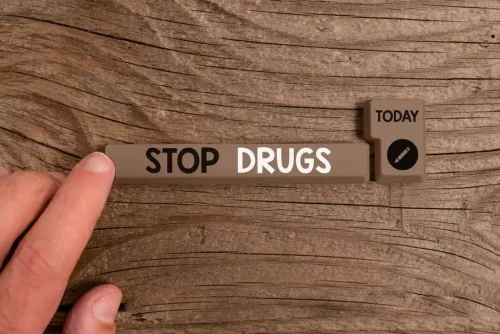
Discover how a heroin addict started by prescription painkillers, revealing the stark path to addiction. Discover why smoking alcohol is a new trend among college students and the dangers it poses to health. Discover how to stop playing the victim and break the cycle with practical keys to personal empowerment.
- Alternatively, you may start to look into more formal treatment.
- Identifying these underlying causes is essential for developing effective prevention strategies.
- Sometimes, we think that a relapse is a failure or proof treatment didn’t work.
Relapse Is Not a Failure
But when you keep thinking about it, and start planning to do it, it’s time to get help. If you start Alcohol Relapse to think of yourself as a failure, you’re more likely to move into the next stage of relapse. If you can recognize the warning signs of each stage, you can take action to avoid a relapse. The researchers measured personality changes from baseline to week 36 using the revised self-report NEO Personality Inventory. The system is based on the five-factor model of personality, which includes neuroticism, extraversion, openness, conscientiousness and agreeableness.
Making Adjustments to the Plan
In these instances, medication may be used to help you reach your goal of stopping drinking or using drugs. Medications can help manage the underlying issues that make it difficult for you to stop using alcohol or drugs and help you cope during recovery. Detoxification is often the first step in treating alcoholism, but you may have to repeat it several times before you can stop drinking. The hospital or treatment center will also provide medical assistance, medications, an education plan, and evidence-based support services to help you avoid relapse. If a person is alone or doesn’t have a support system, they will not be able to deal well with the stress involved in alcohol relapse. It can lead them to overuse drugs and alcohol for temporary relief, making it easier for them to give in to the temptation to drink again and again.
Alcohol relapse is a part of the process

After a relapse, it’s important to reflect on the circumstances that led to it. This can help in identifying triggers and making necessary adjustments to the prevention plan. Joining a support group can provide a sense of belonging and shared understanding. It also offers opportunities to learn from others’ experiences and strategies.


Understanding triggers for alcohol use is important for someone in https://ecosoberhouse.com/ recovery and their loved ones. If someone knows their triggers, they can better avoid them and reduce their risk of a relapse. A 2006 study published in the journal Addiction found that 62 percent of people treated for alcoholism through alcohol rehab or Alcoholics Anonymous maintained recovery after three years. About 43 percent of people who did not receive any form of treatment maintained sobriety. Friends and family see the noticeable benefits of quitting alcohol when their loved one stops drinking and chooses to pursue a healthy life. The researchers plan to investigate whether the psilocybin-related personality observed among participants with AUD will also occur among individuals with opioid use disorder.
Identifying personal triggers

Try to remember, though, that the person is not their addiction. The earlier the signs of an alcohol Sobriety relapse are recognized in yourself or someone you love, the sooner you can take action. The sooner you take action, the greater the likelihood of maintaining long-term recovery.
- Upon relapse, some individuals may require inpatient treatment to stop using and manage symptoms of withdrawal.
- You can find a directory of treatment providers through Recovered.
- We do not receive any fee or commission dependent upon which treatment or provider a caller chooses.
- Naomi Carr is a qualified mental health nurse with several years of experience working with children and adults in the UK.
- Try visualizing what you want your sober life to look like in your mind, which will help motivate you toward your goals.
Warning signs of alcohol relapse can vary depending on the person. Dry drunk behavior means that even though someone hasn’t relapsed, they start acting very similarly to when they were drinking. A person who misuses alcohol will feel like they are not able to function in their daily life without the use of alcohol. This is due to the changes in their brain chemistry due to their drinking. As with other chronic diseases, alcohol use disorder has treatment options and can be managed. It not only involves the body and our behavior, but also our emotions and our thoughts.
